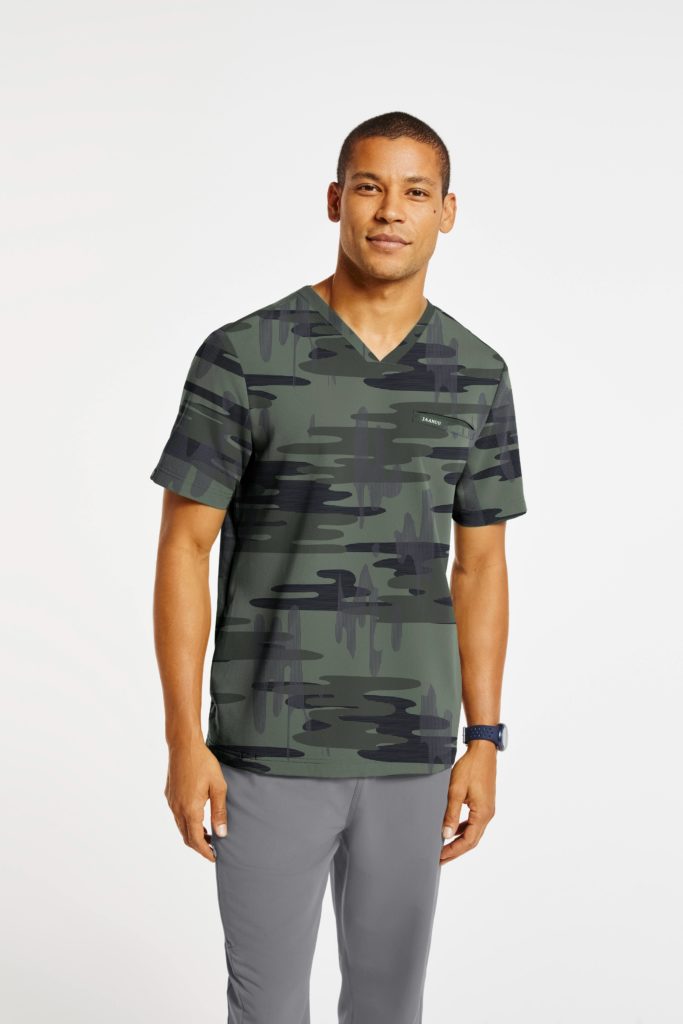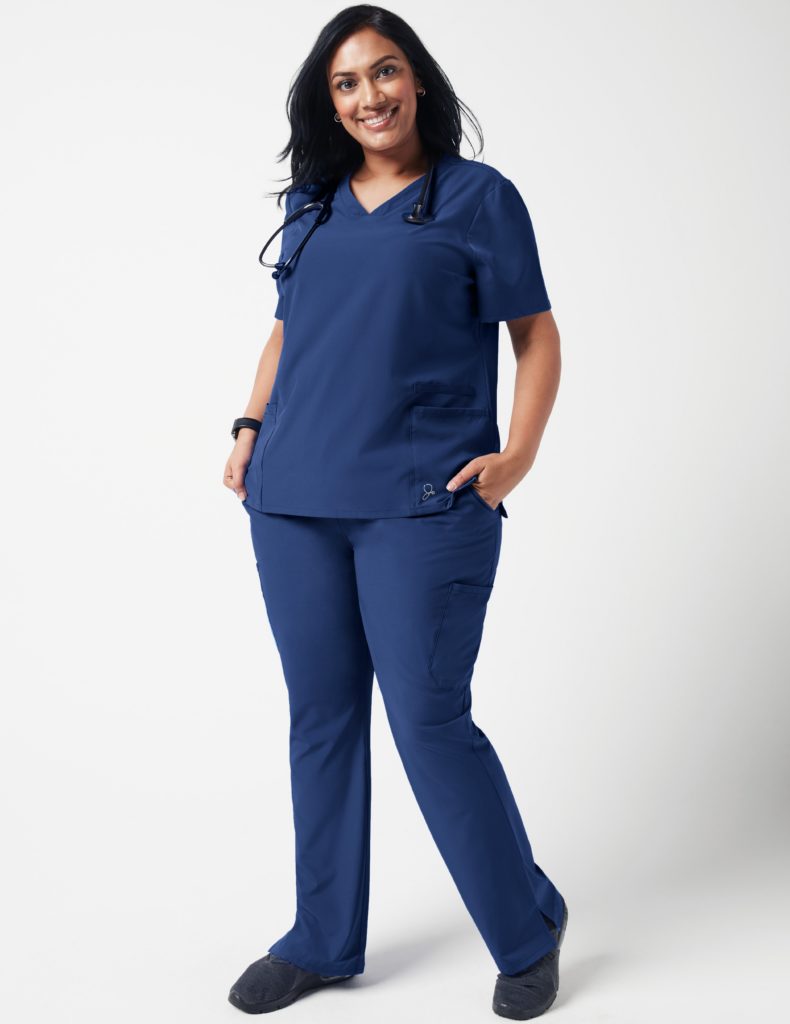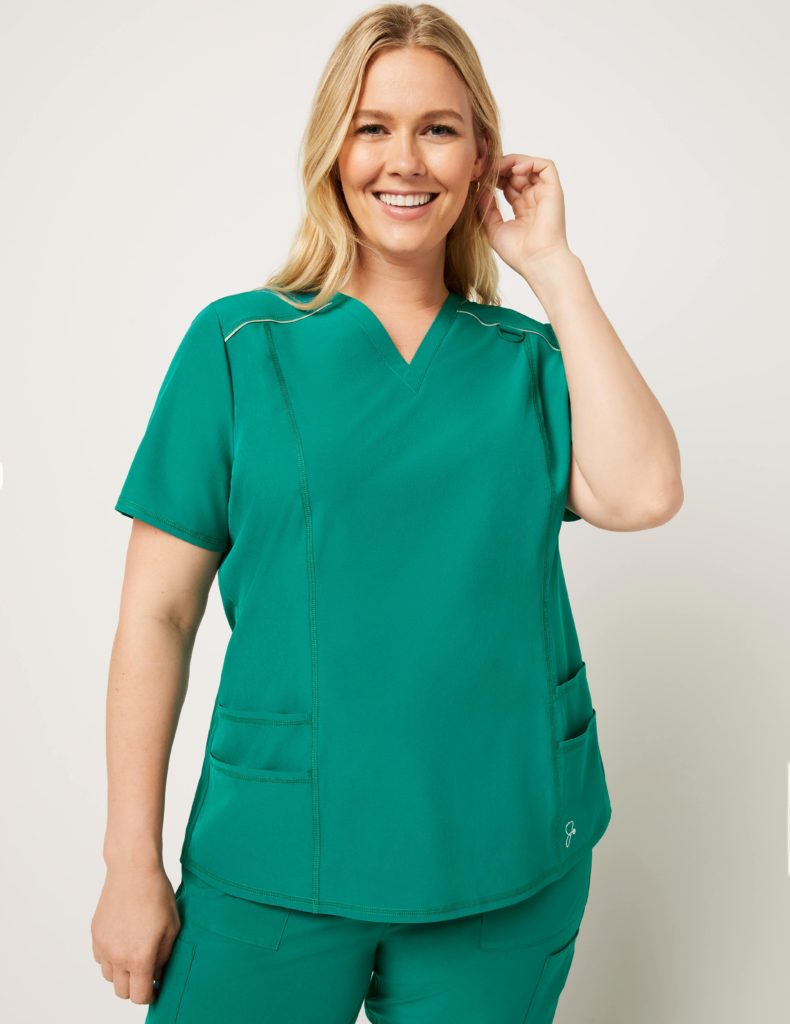If you work a busy schedule with long, you know it is difficult to find time to cook healthy meals. On top of your long shifts, you’re faced with that inevitable crash when you clock out. When fatigue hits, even 30 minutes in the kitchen can seem like too much. Netflix and fast food, here we come.
Some people opt for pre-made meals from the grocery store. Others order takeout. However, these meals aren’t always the healthiest or easiest on your wallet.
Planning your meals in advance can keep your bills low, ensure a healthy diet and help you carve out time to cook. Here’s a beginner’s guide on how to start meal prepping.
Different types of meal prepping ideas
First off, healthy meal prep doesn’t mean “just make your meals before you eat them.” A few more steps are involved, and how you meal prep ultimately depends on your food’s shelf-life.

Prepping ingredients for mealtimes
This method is suited for meal prep recipes that taste better fresh. You cut back your cooking time by preparing the ingredients in advance. Come dinner, all you have to do is throw those ingredients together, and voila—n instant meal.
Meal prepping for a week? Try batch cooking.
This is one of our personal favorite meal-prep tips for beginners. With this method, you pick a day to spend some extended time in the kitchen. Then, cook a large meal and portion that meal into individual containers to put away in the fridge. It’s excellent for foods that taste great as leftovers.
Individual meals
This recipe for meal prep leaves you with fewer leftovers on hand. It’s suited for situations where you know you’ll be too busy to cook the next day instead of the whole week.
With this easy meal prep option, you’re cooking just enough food to have some for the next day. In the meantime, you can easily store it in the fridge or freezer.
Why healthcare professionals should use meal prep ideas

It’s important to state that meal prepping can be an excellent option. With doctors and nurses, the benefits increase.
Working in healthcare can put you in a situation where your health is compromised due to a lack of sleep, complex patients or physically demanding work. Night shift workers, in particular, are at an increased risk for chronic health conditions.
However, by taking the stress out of cooking, meal preppers can boost their physical and mental health and have some time for self-care rituals. Best of all, if you’re looking to lose weight before you buy a new women’s scrub top or a men’s medical uniform, meal planning is perfect. It’ll help you portion your meals correctly and better understand what you’re consuming.
Three steps you should take before starting to cook
Know the overall benefits of meal planning and want to take the plunge?
Choose a specific day to prep
One of the most significant benefits of meal prepping is its efficiency. Pick one day of the week to complete most of your cooking. Stick to that day to turn it into a routine. Sometimes, people spread their meal prep over two days instead of one.
Of course, prepping a week’s worth of meals requires knowing what you’re cooking in advance.
When planning the menu, think about what you’d like to eat next week and contrast that against what will have the most extended shelf-life in your fridge. Consider the foods you already have on hand to cut back on grocery shopping bills.
Make a shopping list
Jaanuu scrubs aren’t the only thing you can group order. If you’re low on supplies, make a grocery list to bulk order those foods. Or, once you have that list, go to the grocery store.
The reason you need the list? It’ll minimize the time you spend browsing the aisles for low-carb options.
The most convenient foods for meal prep
Pasta
This noble carbohydrate has many uses, from a classic spaghetti-and-meatball dish to a pasta salad tossed with a light sundried tomato dressing. Pasta is rich in carbs, which are essential to keep your body from running through its fuel reserves. Opt for whole-grain options to keep you full and satiated longer.
Lean protein
Be it fish, chicken breasts or eggs, adding protein to your diet can keep your body in good shape, and items like hard-boiled eggs can last in the fridge for days.
Beans and lentils
Another source of protein, beans and lentils come with many delicious meal-prepping options. Add them to soups, salads or even tacos.
Cooked vegetables
Although cooked veggies have a shorter shelf life than pasta, they’re essential to keeping a balanced diet. Recipes like butternut squash soup or beef-vegetable stew are excellent options, especially on those cold or gloomy days. Roasted vegetable medleys that include sweet potatoes, for example, can be delicious as well as nutritious.
Nuts and seeds
These hardy little alternatives are a great source of protein when you need a healthy snack, and they work well as a topping for salads. If you already have a green salad you love, simply toss some chopped walnuts or pistachios on top to make that salad more delicious and nutrient-dense.

Tips for meal prepping the right way!
Looking for a few more tips to ensure this process runs smoothly? We’ve got you covered.
Make balanced but straightforward meals
Keeping things simple will streamline the time that you spend in the kitchen and make meal prep feel less like a chore. A simple, balanced diet will ensure that you have the right nutrients per day.
Pick the right container
When you’re portioning off your meals, make sure your meal prep containers are of high quality and microwave-safe. Glass containers are preferred, as you can heat them in the microwave and clean them easily in the dishwasher.
Reheat your meals only once
None of your meals should have leftovers if you portion your meals correctly. However, if you have food left over, don’t reheat them a second time. It can increase the risk of food poisoning.
Eat your meals within the correct time
Be well aware of the shelf life of your leftovers, as eating them past their expiration date could make you sick.
For more tips and tricks on healthy living, check out our article on how to make yourself a priority when taking care of others. Happy cooking, all!

